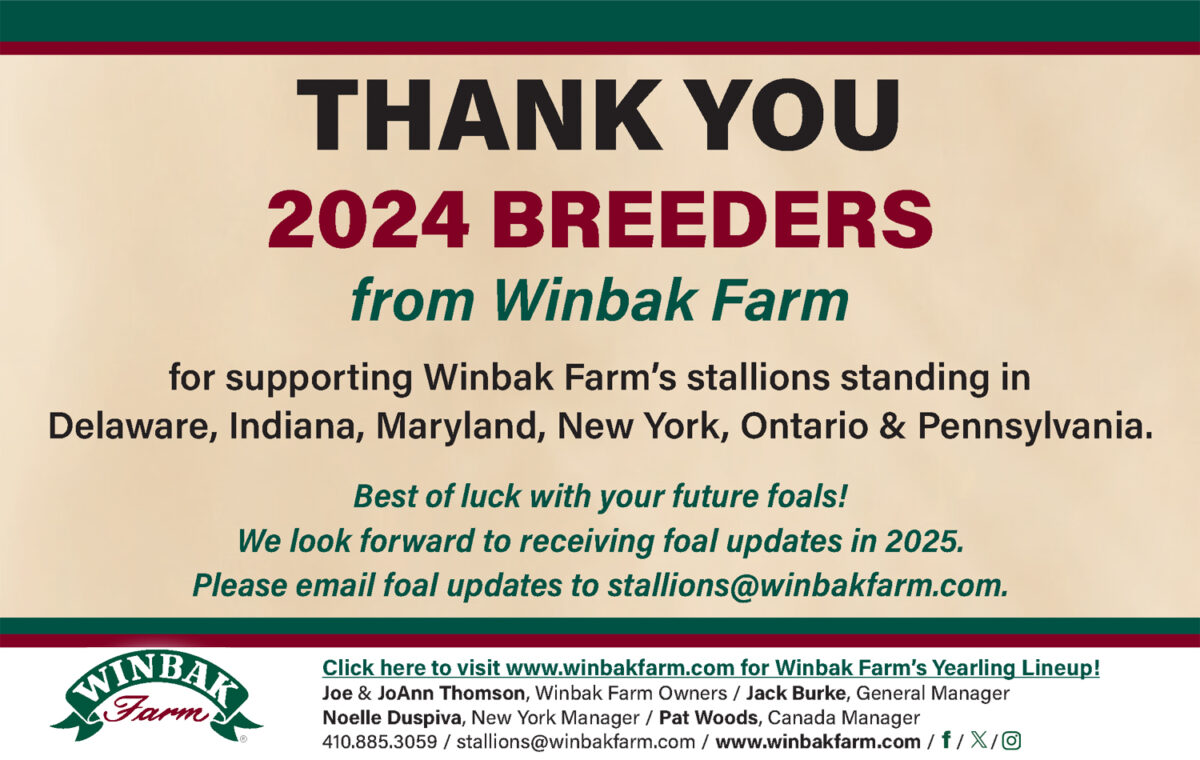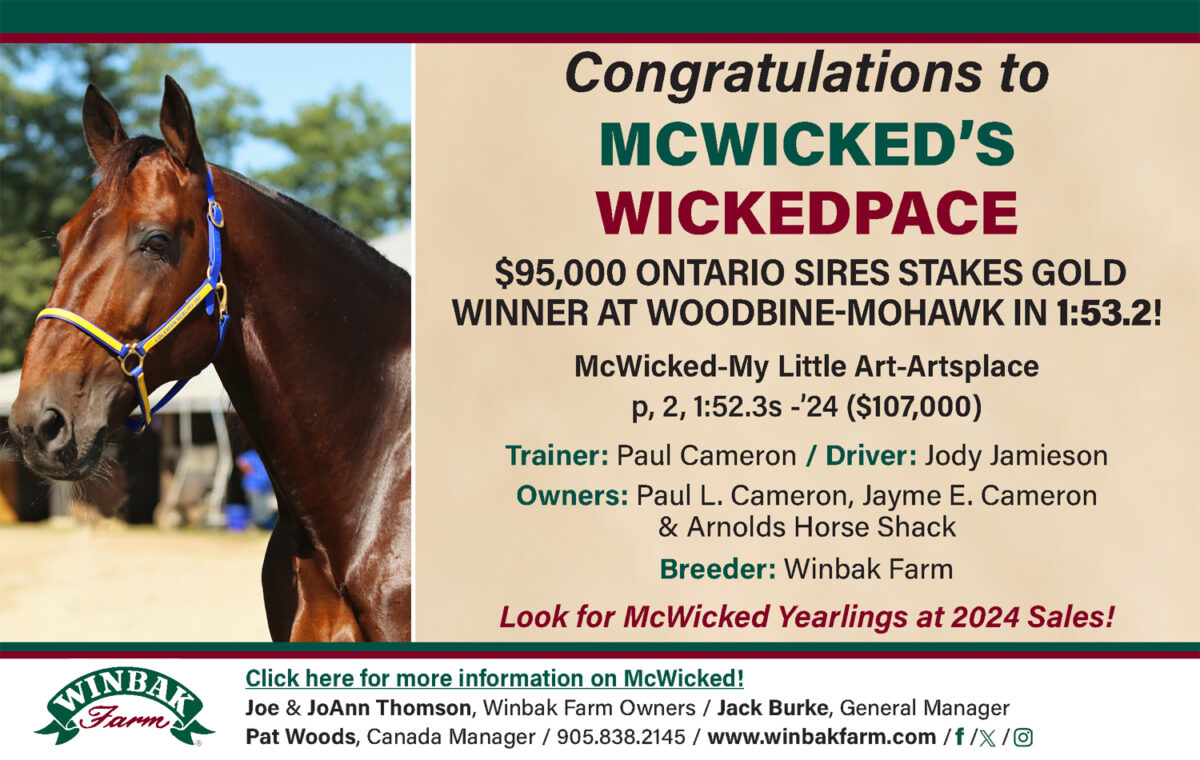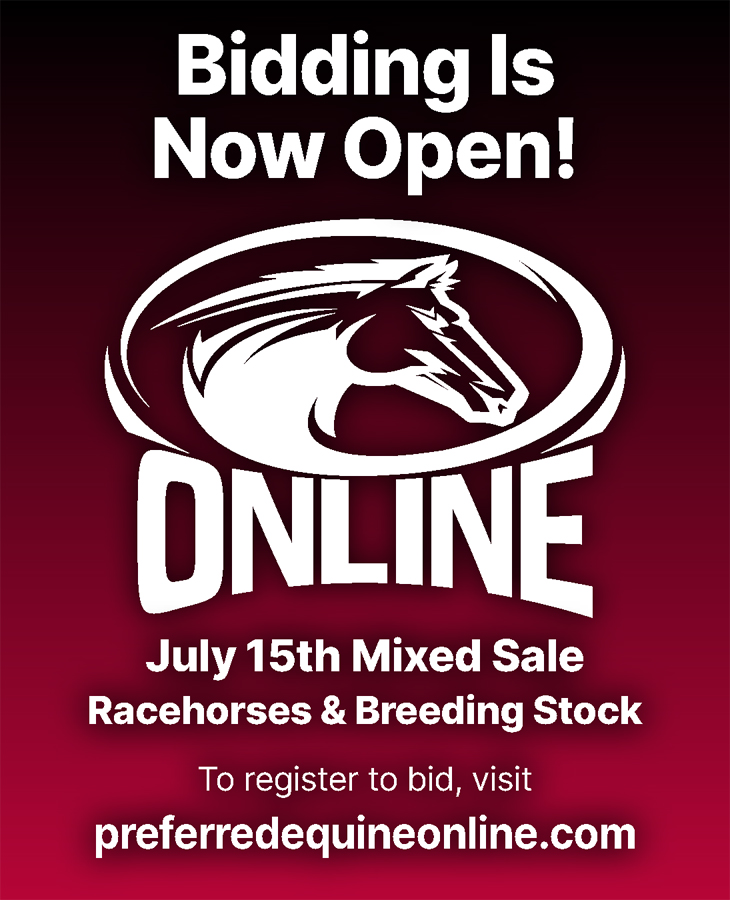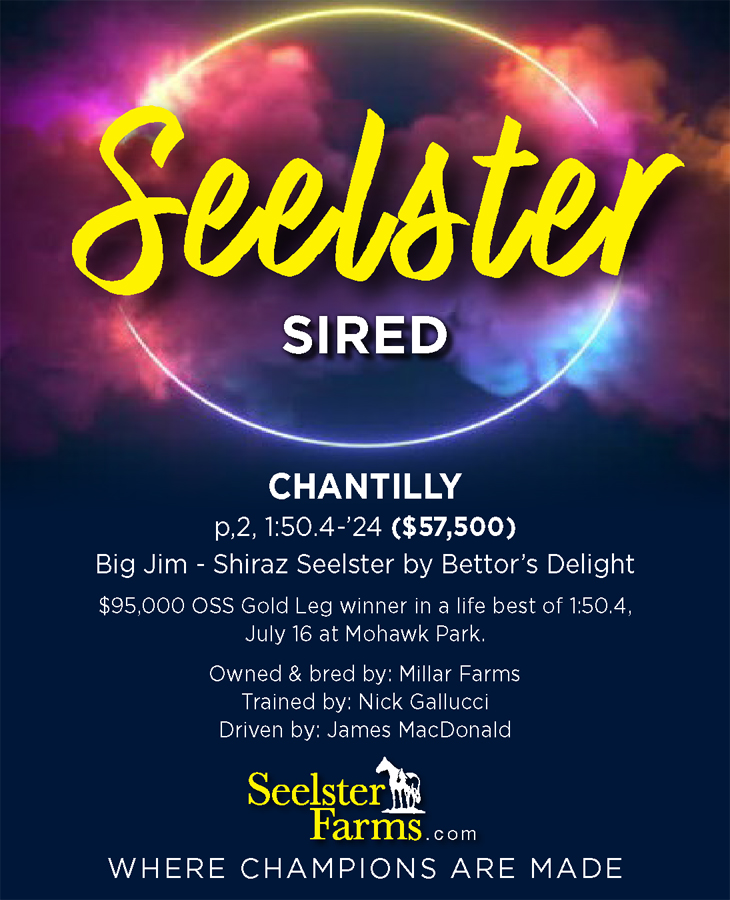

British bets: My kingdom for a pacer, Part 1
by Frank Cotolo
After years of explaining to new harness racing bettors what the A and NZ and other letters mean when they trail a standardbred’s name, comes another — –GB (Great Britain).
It was chilly every October morning in Harrogate, North Yorkshire, UK but in the 1980s a horseplayer needed to wake early and walk to the nearest news agent before copies of The Sporting News were sold out. I faced the chill and completed the task daily.
Once purchased, I took my copy to the nearest café.
The first time I ordered coffee I was asked, “White or black?”
“What?”
“Milk or not?”
“You serve it with milk?” I said.
“Some people prefer coffee or tea with milk,” the server said.
“No milk,” I said.
“Black, then?”
“Yes.”
It was my second trip to the UK. The first trip I spent solely in London and then with an entourage insulated from the general public. Now I was in the countryside’s quaint town of Harrogate among the natives and everything I said shouted urban America and it made me recall my first trip across the pond when David Bowie’s drummer told me the U.S.A. and Great Britain are “two countries separated by the same language.”
When I began reading the horse racing section of The Sporting News, I needed another language lesson. The racing jargon alone demanded interpretation. For one, there were no past performance lines; a “punter” trusted many journalists’ observations and opinions. There were the scores of tracks sprinkled across England, Ireland and Scotland.
All offered grass surfaces and each owned its own configuration. Some were left- or right-handed, others were ovals, triangular, loop-shaped, U-shaped and horseshoe-shaped. One had a flat with easy bends and a few had straight courses (some undulating) for one-mile races and a few had tight turns, as well as uphill and downhill runs. And the horses were jumpers, sprinters and long-distance routers.
“Another coffee. Black please.”
And the betting? One shopped for odds at competitive bookie booths at tracks or off-track parlors or private bookmaker offices. The tender was the pound sterling; the wagers were one-to-one deals with the book; no pari-mutuel pools in the UK.
I bought an “A-B-C of Bets” book, a glossary of wagers with specific conditions and catchy monikers. I could bet a Dundee Shuffle, a Fido or a Flag; a Goliath, a Harlequin; a Rounder, Round Robin or a Roundabout; a Super Yankee, Sundial, Sun Trixie or a Super Heinz.
George, the landlord of my flat, became my secret mentor. His wife disapproved of punting so he carved a spot in the basement where he hid to handicap. We met there secretly.
“The jumping at Liverpool is superb this time of year,” he said. “Its main jump course is toughest of the lot. There’s one fence with a huge open ditch to clear. We call it ‘The Chair’ and if your pony clears it, you’ll be sitting pretty.””
“It’s a lot to learn,” I said, “Are my odds better running with the bulls in Spain?”
“I dunno. But I can find you a bookie’ll give good odds on it.”
“Where is there harness racing?”
“You mean the clubs?”
“Clubs? I don’t know about clubs. I mean the racehorses with drivers, not jockeys.”
“Oh, the clubs, the ‘sulky set’ I call them. Been around for decades. Not quite organized but they race now and then up in York.”
George told me what he knew but it was all hearsay. I told him what I knew and it dwarfed his knowledge; not that he cared because in the ‘80s the Brits saw harness racing as a deviation of the accepted order of horse racing. I visited York and asked around but no one was helpful about the subject.
Back in Harrogate, thanks to George, lots of luck and blacker coffee, I kept a few quid ahead of the bookies by playing the runners in parlors and on track at nearby Ripon and Thirsk. In Yorkshire, daylight lasted well into the evening and track visits ended with a 10 p.m. dinner at some pub named The One Eyed Fox or The Hound’s Eye, where we washed down shepherd’s pie with pints of beer and ale.
“George,” I said, “there wouldn’t be any harness racing if it weren’t for the English runner Messenger.”
George shouted to the barkeep, “Barney, you ever hear of a runner named Messenger?”
“Right so, George,” Barney said.
I went to the bar and said, “Barney, you know breeding history?”
“Me dad took a fancy to the flats,” he said. “He bet on bloodlines; bragged how he could trace a runner to the Arabians, Barbs and Turks. Messenger came from that lot and was shipped across the pond.”
“Hear that, George?” I said. “Harness racing is naturally British.”
George said, “Everything’s naturally British.”
To be continued.















